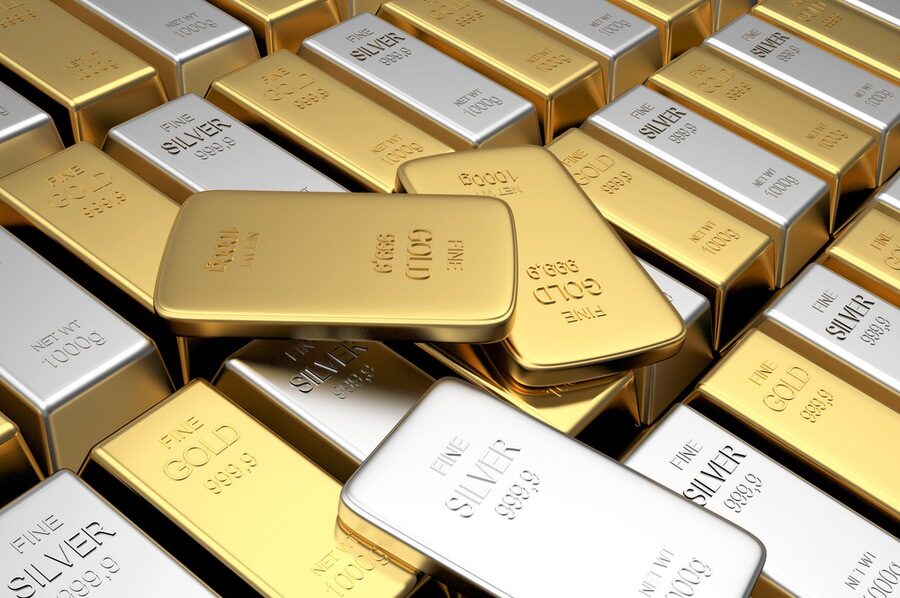Gold prices have been under pressure recently, with the precious metal trading below the key psychological level of $2,000 per ounce. This comes as investors are increasingly concerned about the possibility of interest rate hikes, which could boost the dollar and bond yields, making non-yielding assets like gold less attractive.
The rise in bond yields has also put pressure on silver prices, which have been trading in tandem with gold. Silver is commonly used in industrial applications, and its price tends to be more sensitive to economic growth and inflation expectations.
Read more: Gold is waiting for a weak dollar to restore its luster
Spot gold was flat at $1,994.80 an ounce, while gold futures steadied at $2,006.80 an ounce by 20:21 ET (00:21 GMT). Both instruments sank nearly 2% over the past two sessions, after coming within striking distance of a 2020 record high.
At the time of writing, Spot gold was flat at $2,003.31 an ounce, while gold futures steadied at $2,015.40 an ounce by 20:21 ET (00:21 GMT).
Silver futures stabilized on Tuesday after experiencing a decline in the previous session, settling at 25.223.
Despite the recent downturn in gold and silver prices, some analysts remain optimistic about the outlook for the metals. They point to ongoing concerns about inflation, geopolitical tensions, and the potential for central banks to maintain accommodative monetary policies as potential drivers of demand for safe-haven assets like gold.
However, others argue that the recent price declines may be a sign that investors are starting to shift away from gold and silver and towards riskier assets as the global economy continues to recover from the COVID-19 pandemic. As always, the future direction of gold and silver prices will depend on a complex mix of economic and geopolitical factors, as well as investor sentiment and market dynamics.
For more on market news, click here.








